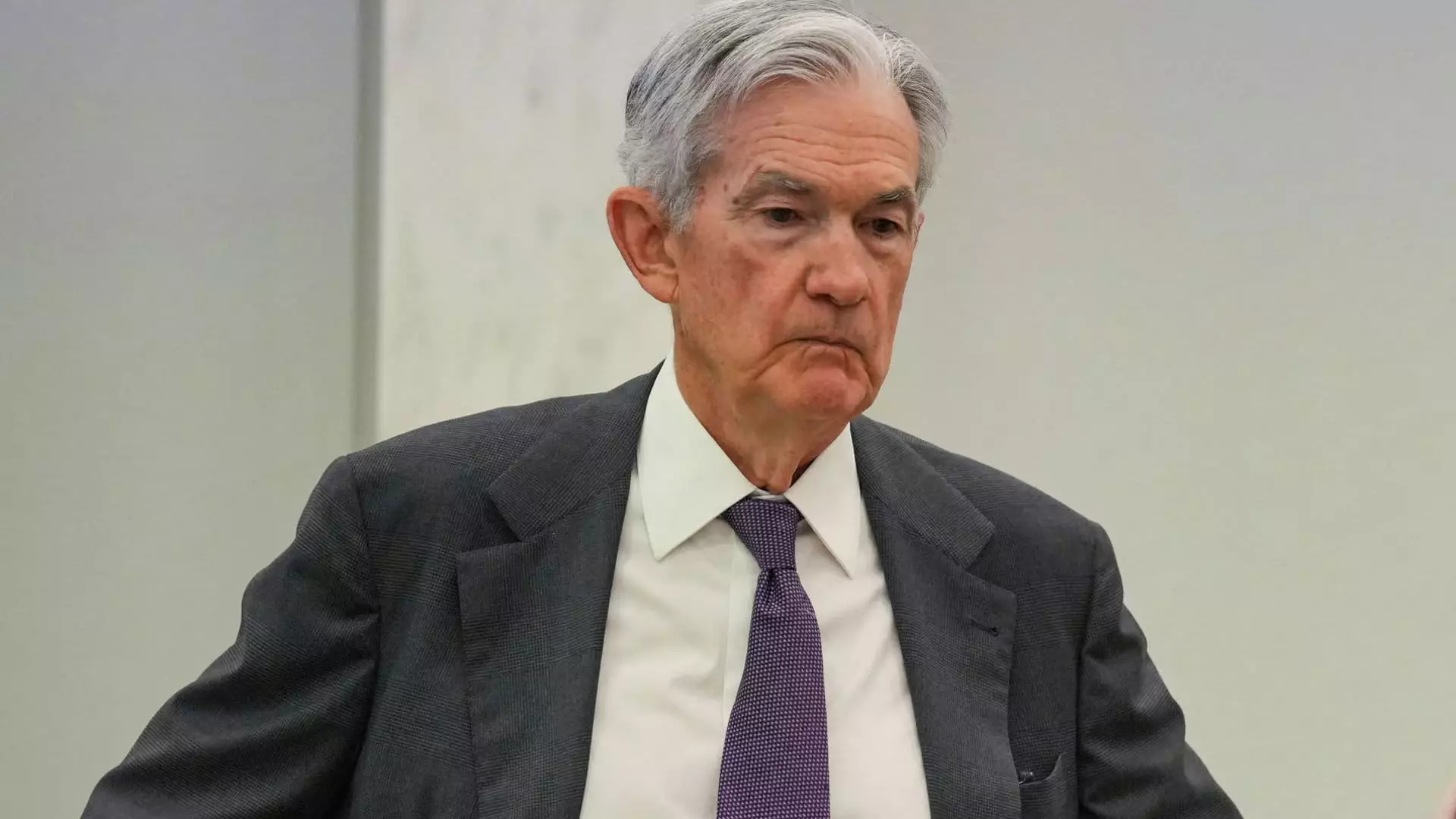The ongoing debate surrounding the independence of the Federal Reserve highlights a fundamental flaw in how we view the central bank’s role in modern governance. While the Fed is often perceived as a neutral arbiter of monetary policy, political influence—whether subtle or overt—continues to chip away at this veneer. The recent comments by Treasury Secretary Scott Bessent, emphasizing the need for internal oversight and a review of the Fed’s functions, expose a dangerous public narrative: that the central bank must be scrutinized and possibly reined in by political actors. Such sentiments threaten to undermine the very foundation of monetary stability and foster a climate of uncertainty. The notion that elected officials—and even the Treasury Secretary—should influence the Fed’s core operations is a misguided pursuit that risks politicizing crucial economic decision-making processes and diluting the credibility of monetary policy.
Political Interference Undermines Economic Stability
The Trump administration’s vocal desire for the Fed to lower interest rates—amidst a backdrop of tariffs, trade tensions, and economic uncertainty—illustrates a blatant pursuit of short-term political gains. This push to influence monetary policy for electoral advantage disregards expert judgment and disrupts the stability central banks aim to provide. The President’s overt and persistent calls for rate cuts, even as economic data warrants caution, reflect a dangerous flirtation with politicization. When political actors prioritize their interests over sound economic management, it erodes investor confidence and enhances market volatility. Whether it’s attacking the Fed’s leadership or scrutinizing its building renovations, these actions create a hostile environment where the Fed’s independence becomes a casualty to populist pressures.
Internal Oversight or Political Puppet? A Distinction Without a Difference
Bessent’s call for a review of Fed operations—excluding monetary policy—raises questions about what truly constitutes an independent central bank. An internal review aimed solely at administrative functions, while necessary, should not serve as a guise for broader ideological control. The danger lies in framing oversight as a step toward accountability while subtly introducing political influence into core decision-making. Central banks are designed to operate within a framework of independence precisely to shield monetary policy from partisan swings. Any move to weaken that barrier, whether under the guise of efficiency or reform, endangers the credibility of the institution and, consequently, the economy itself. The notion of “off to the side” oversight risks opening the door to future political meddling that could heavily influence interest rate decisions, inflation targeting, and financial stability.
The Fragility of Monetary Credibility in a Politicized Environment
The Fed’s credibility hinges on public trust in its ability to act free from political pressure. When influential figures like the Treasury Secretary or even the President openly question its motives or demand specific policy outcomes, that trust is compromised. This erosion can lead to increased uncertainty, with markets reacting sharply to any perceived political interference. Michelle Bowman’s remarks echo the importance of independence but also reaffirm the need for transparency and accountability. Balancing these elements is delicate; however, the perception that the Fed’s decisions might be politically motivated damages its authority. Such perceptions undermine the central bank’s ability to manage crises effectively and could lead to a cycle of politicized monetary decisions, ultimately destabilizing the economy.
The Center-Right Perspective: Defending the Sovereign Role of the Fed
From a center-right liberal standpoint, the independence of the Federal Reserve is a vital safeguard for a resilient economy. Market stability, inflation control, and sustainable growth are best preserved when monetary policy is insulated from the churn of partisan politics. While oversight and accountability are legitimate concerns, these must not translate into an erosion of autonomy. Politicians should trust experts and adhere to their duties without attempting to sway decisions for political expediency. The pursuit of short-term gains—be it lower interest rates or public praise—can have long-lasting adverse effects, including inflationary spirals or financial bubbles. Protecting the integrity of the Fed ensures that the economy remains resilient in times of turbulence, and that monetary policy aligns with long-term national interests rather than fleeting political wins.

